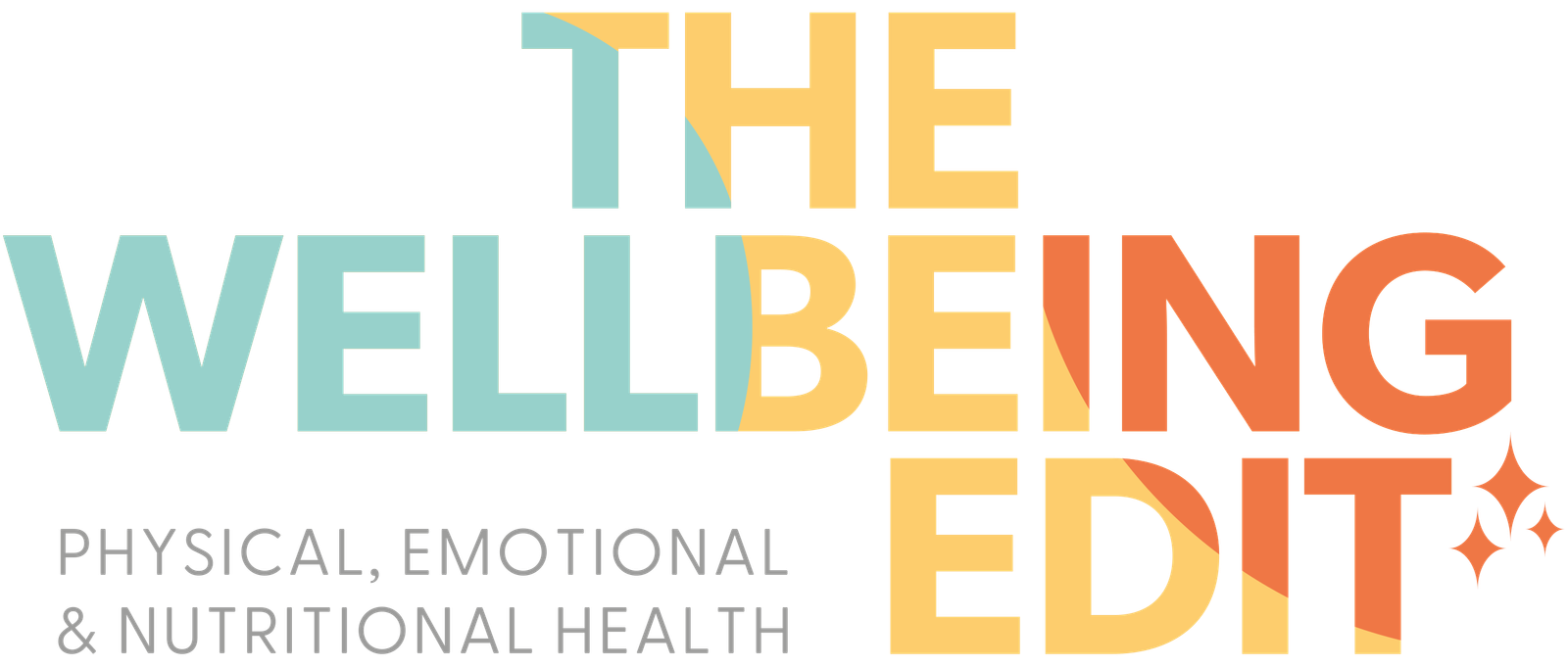In the 21st century, the role of natural supplements and vitamins has become increasingly critical. Modern living, with its fast pace and convenience-focused lifestyle, often leads us to overlook essential aspects of our health. The nutrients in our food are not as abundant as they once were due to modern agricultural practices, and processed foods have further aggravated the problem. This blog post will delve into why natural supplements and vitamins are essential today, highlight the impact of nutrient loss in the soil, and explain why you should opt for GMO-free, natural liquid vitamins and herb-based supplements over synthetic alternatives.
The impact of modern agriculture on nutrient levels

Nutrient depletion in our soil
Modern agriculture has revolutionised food production but at a significant cost to our nutrient intake. Intensive farming methods, designed to maximise crop yield, have led to a substantial loss of nutrients in the soil. Soil erosion, overuse of chemical fertilisers, and monoculture practices have depleted essential minerals, such as magnesium, zinc, and iron. Consequently, the food we consume today contains fewer nutrients compared to that from previous decades. This nutrient depletion directly affects our health and highlights the growing need for natural supplements to fill these gaps.
Processed foods and nutrient deficiency

In addition to soil depletion, high processed foods have become a staple in many diets. These foods, often rich in sugars and unhealthy fats, are typically low in essential nutrients. The refining process removes valuable vitamins and minerals, and artificial additives often replace natural nutrients. This combination creates a perfect storm for nutritional deficiencies. Without adequate vitamins and minerals from our diet, our bodies struggle to function optimally, leading to various health issues.
Why natural supplements are essential
Filling the nutrient gaps
Given the challenges posed by modern agriculture and processed foods, natural supplements are crucial for maintaining optimal health. These supplements, derived from whole food sources, provide essential nutrients that may be missing from our diet. Natural supplements, such as those made from organic fruits, vegetables, and herbs, are designed to support overall wellbeing by addressing specific deficiencies and boosting bodily functions. For example, vitamin D from natural sources helps support immune function and bone health.
Advantages of natural vs. synthetic supplements
Natural supplements often outperform synthetic counterparts in terms of effectiveness and safety. Unlike synthetic supplements, which are made from isolated compounds, natural supplements contain a complex matrix of nutrients that work synergistically. This means they are more easily absorbed and utilised by the body. For instance, natural vitamin C from acerola cherries includes bioflavonoids that enhance absorption and effectiveness, unlike synthetic ascorbic acid.

The benefits of GMO-free and liquid vitamins
The importance of choosing GMO-free supplements and vitamins
Genetically modified organisms (GMOs) are a significant concern for many health-conscious individuals. GMOs are engineered to resist pests or enhance crop yield, but they can also lead to potential health risks and environmental concerns. By choosing GMO-free supplements, you can avoid these potential risks and ensure that you are consuming products that align with your health values. GMO-free supplements are typically sourced from organic farming practices, which are more sustainable and preserve soil health.
The superiority of liquid vitamins
Liquid vitamins offer several benefits over traditional tablet forms. They are more rapidly absorbed into the bloodstream, providing quicker and more effective results. Liquid vitamins are particularly advantageous for individuals with digestive issues or those who have difficulty swallowing pills. For instance, a liquid vitamin D supplement can help enhance bone health and immune function more efficiently than a tablet. Additionally, liquid forms often contain fewer fillers and additives, making them a purer choice for health-conscious consumers. There are even special liquid formulas available that are completely free of preservatives, offering an even cleaner option for those who prioritise purity in their supplements.
Why herb-based supplements stand out
The unique benefits of herbal supplements
Herb-based supplements provide a holistic approach to health, offering a range of benefits that synthetic supplements cannot match. Herbs such as echinacea, ginseng, and turmeric have been used for centuries for their therapeutic properties. These natural remedies support various bodily functions, from immune support to inflammation reduction. Unlike synthetic supplements, which often target specific symptoms, herb-based supplements work with the body’s natural processes to promote overall health and wellbeing.

Comparing herb-based supplements to synthetic alternatives
Synthetic supplements, particularly those with isolated nutrients, may lack the full spectrum of benefits offered by whole herbs. For instance, while synthetic vitamin E might provide some antioxidant protection, it does not offer the complete range of benefits found in natural sources like vitamin E-rich herbs. Herb-based supplements, with their complex array of compounds, offer a more comprehensive approach to health.
Conclusion: Choosing natural supplements for optimal health
In conclusion, natural supplements and vitamins play a vital role in our health in the 21st century. Modern agricultural practices and the prevalence of processed foods have led to significant nutrient deficiencies. By incorporating natural, GMO-free, and liquid supplements into your routine, you can address these deficiencies more effectively. Herb-based supplements offer additional benefits by providing a holistic approach to health that synthetic alternatives often lack.
Adopting a proactive approach to your health with natural supplements can help you achieve optimal wellness and support your body’s natural processes. With a focus on high-quality, natural ingredients, you can enjoy the benefits of improved energy, better skin and hair health, and enhanced overall wellbeing.
Stay tuned, as we will discuss in the upcoming blog posts: “The Top 5 benefits of choosing natural supplements over synthetic alternatives” and “Revealing the supplement industry’s dirty practices.” These insights will provide you with valuable information on making informed health choices and navigating the complexities of the supplement industry.




